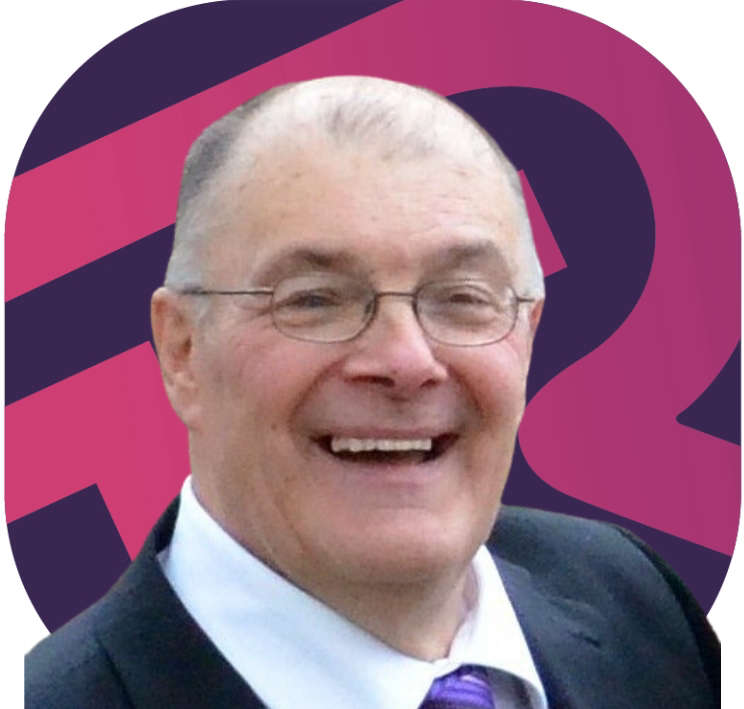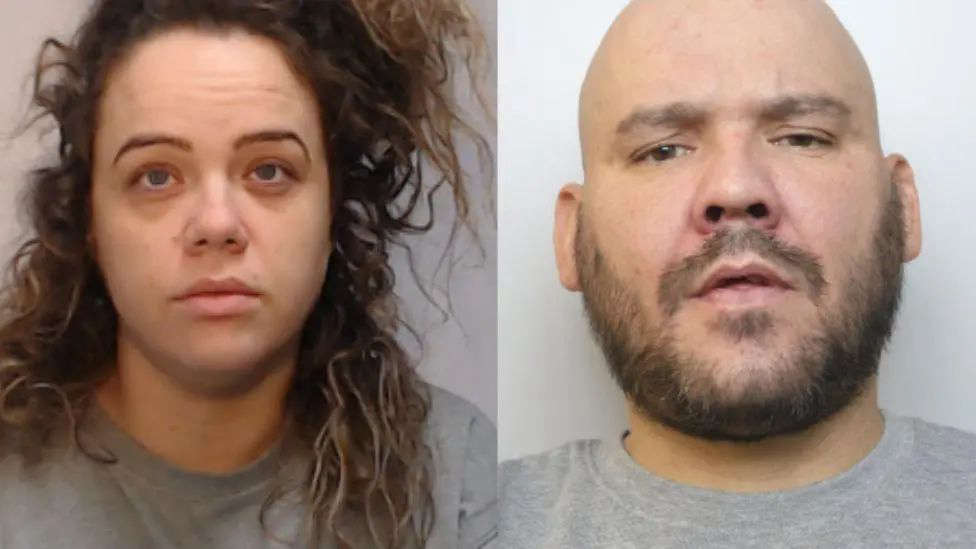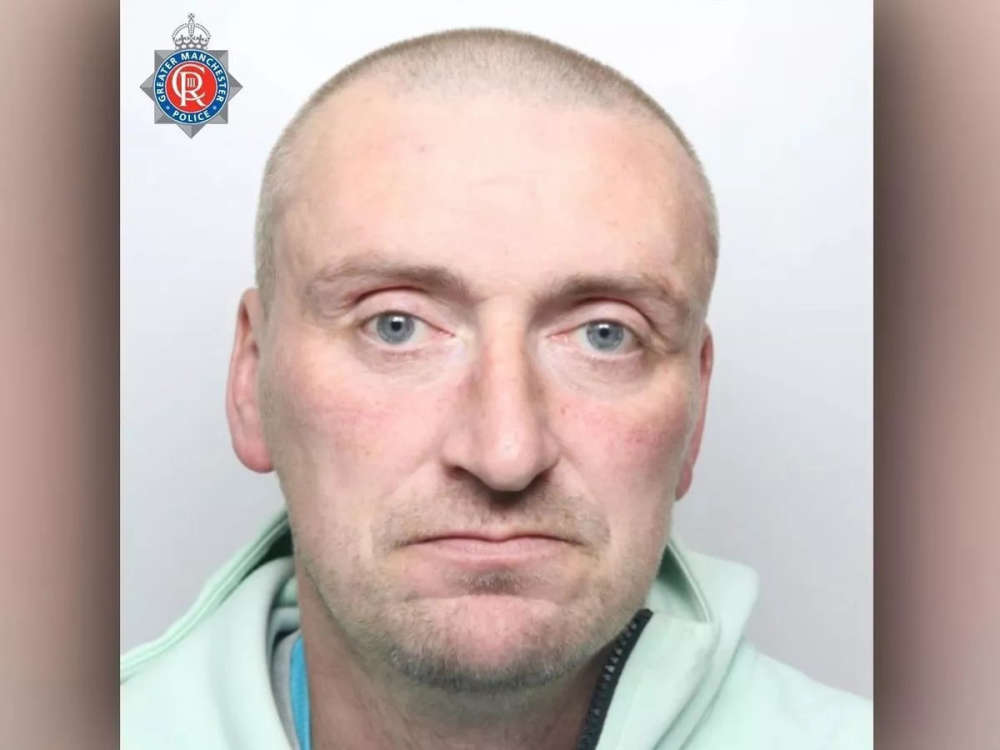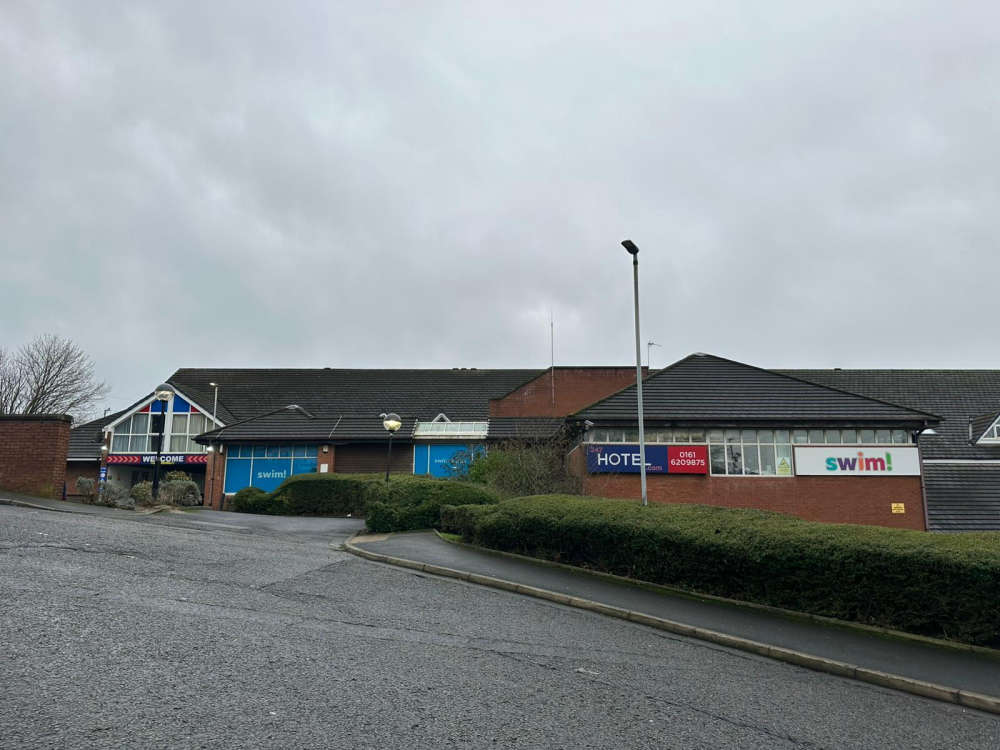
There are ‘no plans whatsoever to enforce a paid-for clean air zone in Greater Manchester’, according to the transport secretary – but a ‘formal’ decision STILL hasn’t been made.
Heidi Alexander said the decision was one for ‘local leaders based on what’s best for their local areas’.
Currently, the government is reviewing Andy Burnham’s ‘investment-led approach’ to cleaning Greater Manchester’s air.
This plan would not charge drivers to use the roads in any part of the region, a U-turn from the first clean air zone which was going to be introduced in April 2022.
It was put on hold, following a backlash, months before charges were going to be applied, with the mayor unveiling his new plan in December 2023.
However, this plan still requires permission from the government to go ahead. After 14 months of waiting, a final decision has not been made, but the transport minister has appeared to quash the idea.
She said: “The government does not have any plans to enforce clean air zones on cities across the country where local leaders don’t want to have them. There’s lots of ways to clean up the country’s air, and the challenges will be different in different towns, different cities and so there will be different approaches.”
When pressed on if that was ‘a definite no for a charging zone in Greater Manchester’, she replied: “We’ve got no plans whatsoever to enforce a paid-for clean air zone in Greater Manchester. I could not be clearer: this is for local leaders to take local decisions about what’s best for their local areas.”
At the joint press conference in Wythenshawe to mark the completion of implementing Bee Network buses, Mr Burnham said he was ‘obviously very encouraged by what the secretary of state said’.
He added: “We were worried if we introduced a charging zone where people could not avoid the charge because they couldn’t afford to change their vehicle, it would make the cost-of-living crisis worse for a lot of our residents — which is why we pressed the pause button.
“We will await the formal decision because it’s not [Heidi Alexander’s] department, it’s the department for environment, food and rural affairs who will make that decision.”
However, the city of Manchester not only has poor air quality, it also has some of the poorest health outcomes in the country. That’s why Bev Craig, council leader, welcomed the ‘change’ in the government’s stance, but said ‘there’s a bigger job at hand to clean up our air, using better methods’. She added: “I’ve also long said the city of Manchester is one of the poorest local authorities in the country when it comes to our residents. Statistically, our residents are less likely to own cars than the rest of the region.
“This is something [where] Manchester is impacted by things that happen outside our borders, which is why we have to work collectively. The clean air zone discussion is only a very, very small part of what we are doing to clean up the air and I wouldn’t want the two to be conflated.”


 Loan shark and enforcer jailed after fatal Oldham attack
Loan shark and enforcer jailed after fatal Oldham attack
 Royton Man Jailed
Royton Man Jailed
 People who celebrate Christmas on the 24th
People who celebrate Christmas on the 24th
 Family stuck in hotel emergency accommodation for four months
Family stuck in hotel emergency accommodation for four months

